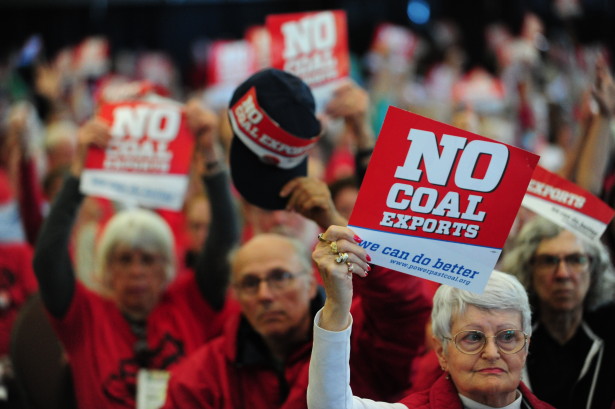Neil Young to Play Benefit Concerts for Alberta First Nation Fighting Oilsands
“The theme of the concerts is honour the treaties,” said Athabasca Chipewyan First Nation spokeswoman Eriel Deranger. “All the ticket sales, all the proceeds from the concerts, not a single cent goes to anyone other than (the First Nation).” Young made his opinion of oilsands development clear when he visited the band and the region last fall. He compared the sight of massive open-pit mines to Hiroshima after the nuclear bomb blast. Young is one of a number of global entertainment celebrities who have visited the oilsands. The list includes actresses Darryl Hannah and Neve Campbell and film director James Cameron.















